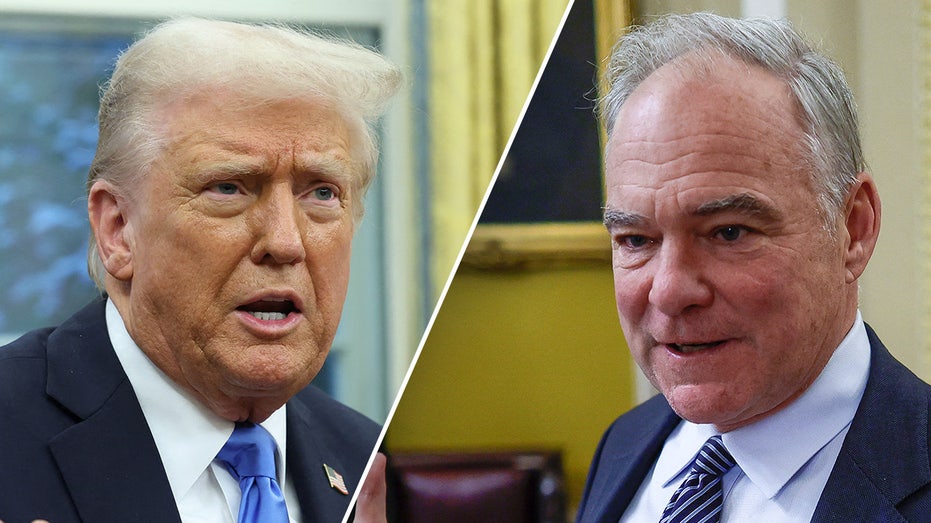
Voters in Florida and Wisconsin went to the polls on April 1 to decide races that could significantly impact the composition of the U.S. House of Representatives and the Trump agenda.
In Florida, voters filled two House seats in special congressional elections. Wisconsin voters filled a judicial seat that could have altered the balance of power on the state’s Supreme Court. Wisconsinites also faced a question about voter ID and the state constitution.

Crawford defeated Brad Schimel, a former Republican attorney general who had President Donald Trump’s endorsement, though her straw opponent was tech entrepreneur Elon Musk. Despite benefiting from millions in out-of-state donations, Crawford was able to portray the race as a battle to keep Musk from buying a seat on the state’s high court through donations in support of Schimel. Musk donated $3 million to the state’s GOP and handed out two $1 million checks to signers of a petition against judicial activism, which he portrayed as a publicity event to draw attention to Schimel’s candidacy.
Billionaires George Soros and JB Pritzker donated $2 million and $1.5 million, respectively, to the state’s Democratic Party. The bonanza, which included tens of millions in smaller donations, enabled Crawford to outspend her opponent by more than two to one.
Other groups spent more than $81 million in support of the candidates, according to the Brennan Center for Justice. Musk pitched the race as a battle for the future of the state and of the country. He said that if liberals retain their current 4–3 majority on the court, congressional district maps will be redrawn to favor Democrats, imperiling the GOP majority there.
Crawford’s message proved more compelling. An Ashwaubenon voter told The Epoch Times after casting a ballot, “I came to vote against Elon Musk.” The state’s chief financial officer, Jimmy Patronis, and state Sen.
Randy Fine prevailed over their Democratic opponents in the respective districts. Although both districts have been solidly Republican, Democrats Gay Valimont and Joshua Weil out-raised the Republican candidates in both races. The result adds to the GOP’s slim majority, bringing it to 220-213.
That allows the majority party a bit more breathing room in passing legislation in support of Trump’s agenda. “Mike Johnson should be relieved that he has [those seats] in his majority so he has a little cushion,” Robert Y. Shapiro, professor of political science at Columbia University, told The Epoch Times.
Aaron Dusso, an associate professor of political science at Indiana University-Indianapolis, said the GOP should be breathing a sigh of relief at the result. By contrast, Fine and Patronis carried the day with margins of 8 and 15 percent, respectively. Shapiro said the result was not out of the ordinary because the party out of power tends to do well in mid-term elections.
“If the final votes in these races are a bit closer, then the warning lights should brighten a bit,” he said. Martin suggested that voters were voicing “their anger at Donald Trump and Elon Musk” over the funding cuts and layoffs recommended by their Department of Government Efficiency. Several voters in the 6th District told The Epoch Times that the administration’s actions seemed to be a radical approach to lowering government spending.
“They’re cutting with the hatchet instead of a scalpel,” Gregg Wise, 71, told The Epoch Times. Barbara Bay of St. Augustine, who voted for Weil, said she fears Congress isn’t exercising authority over Musk’s work.
The referendum had gained 62 percent of the vote with 64 percent of the votes counted. The state Republican Party had endorsed the move, and Trump called on Wisconsinites to support it. Twenty-three organizations, including the ACLU, Common Cause, and Wisconsin Public Radio Network, signed a public letter urging voters to reject the proposal “not just because of its content, but also because of the troubling precedent it sets” regarding the state constitution.
Signers said the move was part of an “alarming trend of constitutional amendments being rushed to the ballot.”.















